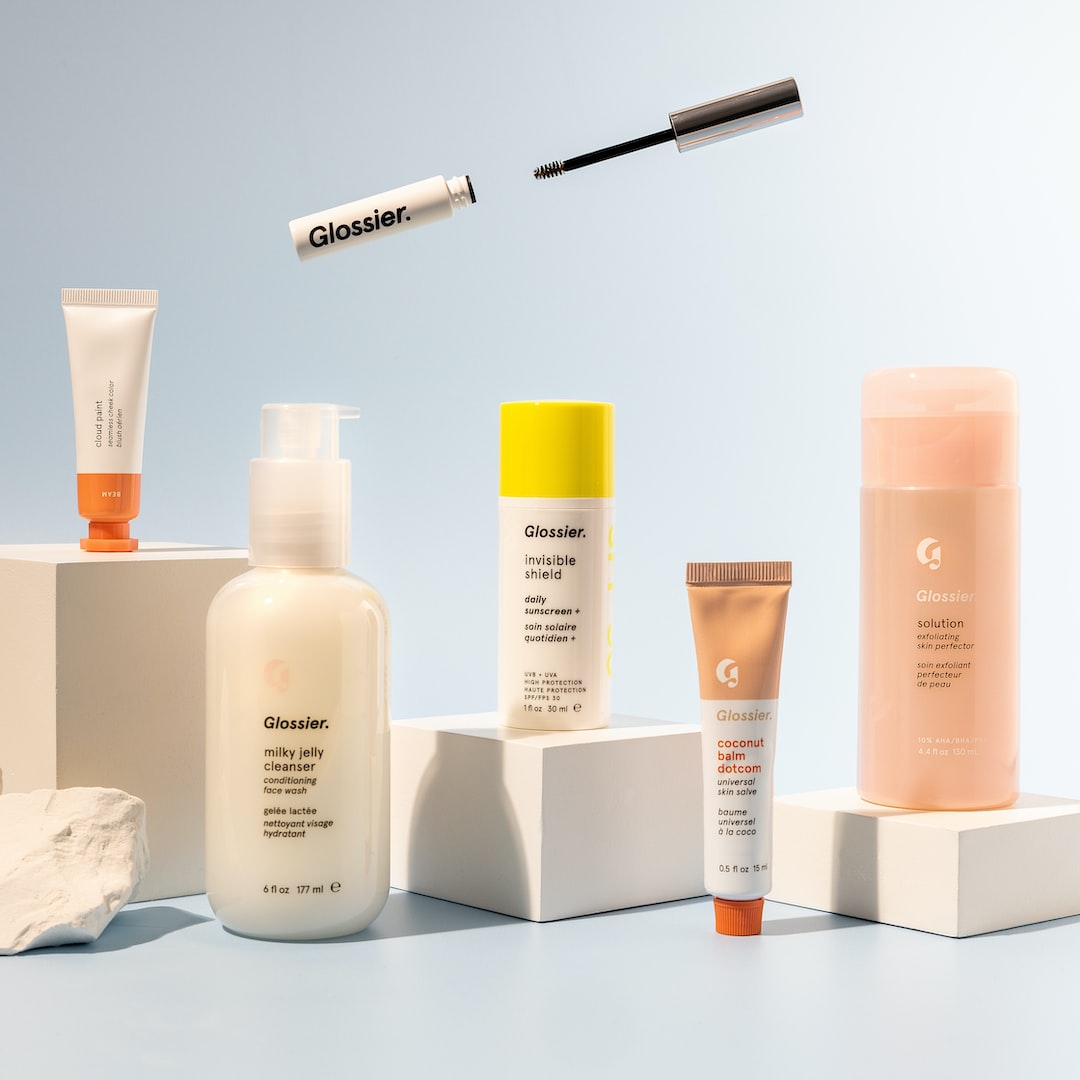The Science of Skincare: Understanding Key Ingredients
Skincare is a complex world filled with countless products, each claiming to deliver miraculous results. It can be overwhelming to navigate through the sea of options and understand what truly works. However, by delving into the science behind skincare and understanding key ingredients, you can make more informed choices and achieve the radiant skin you desire.
One ingredient that has gained significant popularity in recent years is hyaluronic acid. This naturally occurring substance is found in our skin, connective tissues, and eyes. It is a powerful humectant, meaning it attracts and retains moisture. As we age, the amount of hyaluronic acid in our skin diminishes, leading to dryness and the formation of fine lines and wrinkles.
Topical application of hyaluronic acid has been proven to replenish the skin’s moisture content, resulting in improved hydration and a smoother complexion. It provides a plumping effect and can diminish the appearance of fine lines. Moreover, hyaluronic acid has anti-inflammatory properties, making it suitable for sensitive skin prone to redness or irritation.
Another ingredient to look out for is retinol, a derivative of vitamin A. Retinol is a powerhouse when it comes to fighting signs of aging. It stimulates collagen production, reducing the appearance of wrinkles and fine lines. Additionally, retinol increases cell turnover, resulting in a more even skin tone and improved texture. It helps to unclog pores, making it an excellent choice for those struggling with acne or large pores.
While retinol has remarkable benefits, it can cause initial irritation, redness, or flakiness. It is important to introduce retinol gradually into your skincare routine and use it in combination with a moisturizer to minimize potential side effects. Additionally, it is crucial to apply retinol products at night since they can make your skin more sensitive to sunlight.
Then there is niacinamide, a form of vitamin B3. This versatile ingredient possesses a multitude of benefits for the skin. Firstly, niacinamide helps to strengthen the skin barrier, which is vital for maintaining moisture and preventing water loss. It also minimizes the appearance of pores, regulates oil production, and improves skin elasticity.
Furthermore, niacinamide has been found to reduce redness and inflammation, making it suitable for those with sensitive or acne-prone skin. It inhibits the production of melanin, thus reducing the appearance of dark spots and hyperpigmentation. Niacinamide is also known to have antioxidant properties, protecting the skin from environmental damage caused by free radicals.
For those struggling with dry or dehydrated skin, incorporating products containing ceramides is essential. Ceramides are lipids naturally present in the skin, forming a protective barrier that locks in moisture. However, factors such as environmental aggressors or excessive cleansing can deplete the ceramide levels in our skin.
By using skincare products containing ceramides, you can replenish these essential lipids and restore your skin’s moisture balance. Ceramides work synergistically with other ingredients like hyaluronic acid, providing a well-rounded approach to hydration. They strengthen the skin barrier, enhance moisture retention, and promote a healthier, plumper complexion.
Lastly, we cannot overlook the importance of sunscreen as a key skincare ingredient. UV rays from the sun are a major contributor to premature aging and skin damage. Sunscreen helps to shield the skin from harmful UVA and UVB rays, reducing the risk of sunburn, skin cancer, and signs of aging.
To effectively protect your skin, choose a broad-spectrum sunscreen with an SPF of 30 or higher. Apply it generously and reapply every two hours or more frequently if swimming or sweating. Incorporating sunscreen into your daily skincare routine is crucial, even on cloudy days or during the winter months when the sun may not be as visible.
Understanding the science behind skincare and the function of key ingredients allows you to make educated choices when it comes to your skincare routine. Whether you want to fight signs of aging, moisturize dry skin, or protect yourself from the sun, knowing what ingredients to look for is vital. By harnessing the power of science, you can achieve healthy, glowing skin that radiates confidence.

